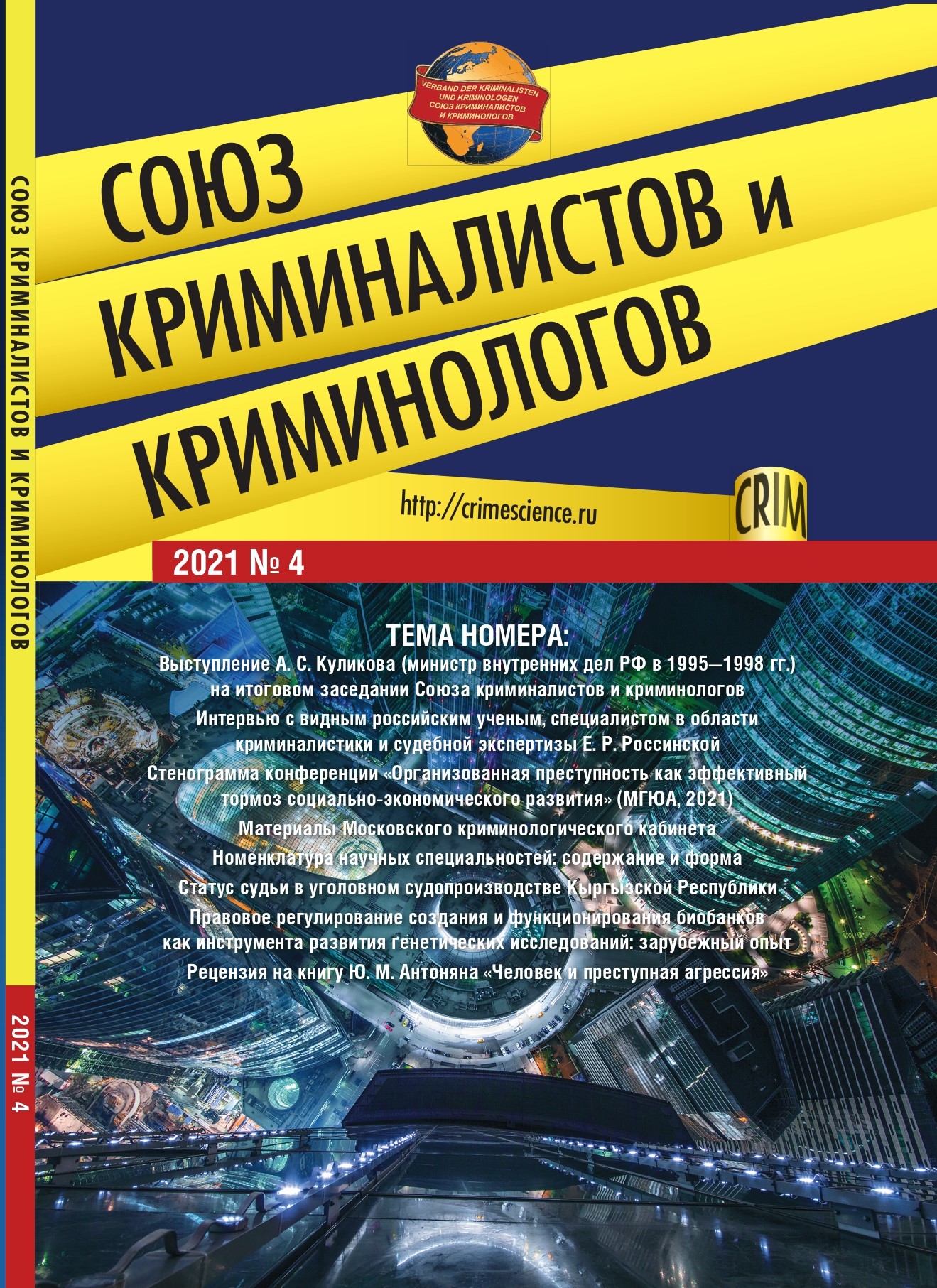Dr Ivan D. Milich, Assistant – Doctor of Legal Sciences
Novosadsky University, Faculty of
Law I.Milic@pf.uns.ac.rs
SEARCH FOR CRIMINALS
The behaviour of persons after the commission of a criminal offense in the sense of (not)avoiding a trial and (not)executing a sentence of imprisonment is different. Some perpetrators of criminal offenses want the criminal proceedings against them to stop as soon as possible or they want to begin serving their sentences as soon as possible. There are also criminals who, for various reasons, themselves declare the commission of a crime. This behaviour may subsequently affect the individualization of the custodial sentence in the sentencing and execution process.
On the other hand, there are also criminals who try to avoid criminal prosecution and execution of punishment in the form of imprisonment by all available means. They do this in different ways, depending on whether they have been identified as criminals or not yet. So, some people try to hide the crime and themselves as a criminal. When they are identified by the investigation as perpetrators of criminal offenses, they try to avoid the trial in various ways (for example, by hiding). Finally, if they are identified and convicted, there are also those who try to illegally evade serving their sentences.
It is clear that the state cannot punish everyone who commits a crime. A certain number of persons who have committed a crime remain undetected, no legal proceedings are initiated against them, or the sentence imposed on them is not carried out.
It is clear that the purpose of the search for criminals is to find them for trial or execution of a sentence to imprisonment. The concealment of persons to be tried is not a criminal offence (except in cases where they commit a criminal offence during the concealment) but such conduct may subsequently affect the individualisation of the punishment or the application of certain measures that ensure the presence of these persons in court. If the convicted person does not appear to serve the sentence, this is also not a criminal offense but may affect the position of the convicted person in the penitentiary institution. Escaping from prison can be qualified as a criminal offense or a disciplinary offense but such behavior of the convicted person will necessarily affect the deterioration of his legal status during the serving of the sentence.
In connection with the search for criminals in the Republic of Serbia, first of all, one code and two laws are important.
1. The Law On the Police;
2. The Criminal Procedure Code of the Republic of Serbia;
3. The Law On the Enforcement of Criminal Sanctions.
The wanted notice should be withdrawn in accordance with the conditions established by law if the missing person is found or when the statute of limitations for criminal prosecution. It should also be withdrawn if the statute of limitations for the execution of criminal sanctions expires or for other reasons for which the wanted notice is no longer necessary.
The full article and the bibliography are available here (in Russian)
Translated by Elizaveta O. Ovchinnikova
































